In recent years, the field of nanotechnology has sparked a revolution in the healthcare industry. Nanomaterial medical devices, with their incredible potential to improve patient outcomes, have emerged as a significant driving force in medical advancements. By harnessing the unique properties of nanomaterials, these devices offer unprecedented precision, accuracy, and targeted therapy delivery. This article will explore the transformative potential of nanomaterial medical devices in healthcare and delve into some key applications that hold promise for the future. Enhancing Diagnostics: Nanomaterial medical devices have the power to revolutionize diagnostics by offering enhanced sensitivity and accuracy. Nanoparticles, such as quantum dots and gold nanoparticles, can be engineered to interact with specific biomarkers, enabling early detection of diseases like cancer or infectious agents. These devices provide faster and more comprehensive diagnostic results, allowing for timely interventions and personalized treatment plans.
.
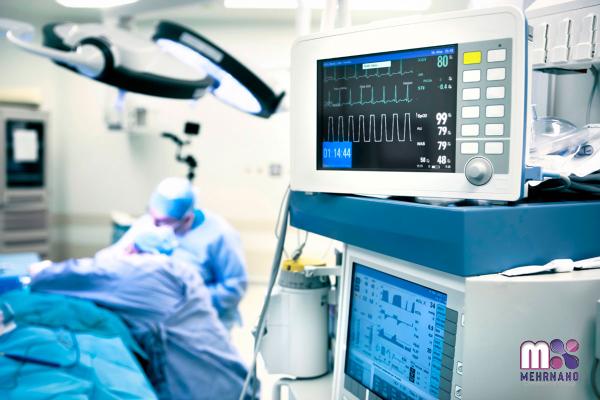 Advanced Drug Delivery Systems: The precise targeting and controlled release capabilities of nanomaterial medical devices have vast implications for drug delivery. Nanoparticles can encapsulate drugs, protecting them from degradation and improving their stability. Additionally, their small size allows for improved penetration into specific tissues or cells, reducing undesirable side effects. By controlling the release rate or stimuli-responsive behavior of these nanoparticles, drug doses can be optimized, minimizing toxicity and increasing efficacy. Regenerative Medicine: Nanomaterial medical devices play a vital role in regenerative medicine, offering opportunities for tissue engineering and repair. Scaffold materials based on nanofibers or nanocomposites can mimic the extracellular matrix, facilitating cell adhesion, proliferation, and differentiation. These scaffolds also provide a platform for the delivery of growth factors or genetic material, promoting tissue regeneration and wound healing. From bone repair to skin grafts, nanomaterial-based devices have showcased impressive potential in restoring damaged tissues. Improved Implants and Prosthetics: Nanomaterials have paved the way for groundbreaking advancements in the field of implants and prosthetics.
Advanced Drug Delivery Systems: The precise targeting and controlled release capabilities of nanomaterial medical devices have vast implications for drug delivery. Nanoparticles can encapsulate drugs, protecting them from degradation and improving their stability. Additionally, their small size allows for improved penetration into specific tissues or cells, reducing undesirable side effects. By controlling the release rate or stimuli-responsive behavior of these nanoparticles, drug doses can be optimized, minimizing toxicity and increasing efficacy. Regenerative Medicine: Nanomaterial medical devices play a vital role in regenerative medicine, offering opportunities for tissue engineering and repair. Scaffold materials based on nanofibers or nanocomposites can mimic the extracellular matrix, facilitating cell adhesion, proliferation, and differentiation. These scaffolds also provide a platform for the delivery of growth factors or genetic material, promoting tissue regeneration and wound healing. From bone repair to skin grafts, nanomaterial-based devices have showcased impressive potential in restoring damaged tissues. Improved Implants and Prosthetics: Nanomaterials have paved the way for groundbreaking advancements in the field of implants and prosthetics.
..
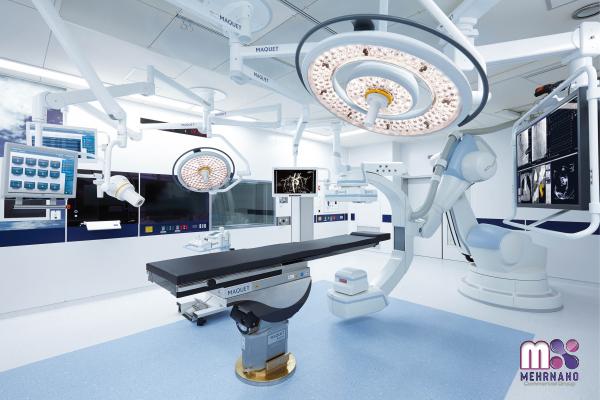 By applying nanocoatings to implant surfaces, device integration and biocompatibility can be significantly enhanced. Nanomaterials can also be engineered to promote antibacterial activity, reducing the risk of infections associated with implantations. Moreover, nanoparticles embedded within prosthetics can offer real-time monitoring of vital signs or enable sensory feedback, providing a more natural experience for the wearer. Challenges and Future Developments: While the potential benefits of nanomaterial medical devices are vast, several challenges remain to be addressed. Safety concerns, including potential toxicity or bioaccumulation of nanoparticles, require careful assessment and regulation. Furthermore, the scalability and cost-effectiveness of nanomanufacturing processes need to be improved to enable broader implementation of these devices in everyday healthcare practice. Looking ahead, the future of nanomaterial medical devices appears promising.
By applying nanocoatings to implant surfaces, device integration and biocompatibility can be significantly enhanced. Nanomaterials can also be engineered to promote antibacterial activity, reducing the risk of infections associated with implantations. Moreover, nanoparticles embedded within prosthetics can offer real-time monitoring of vital signs or enable sensory feedback, providing a more natural experience for the wearer. Challenges and Future Developments: While the potential benefits of nanomaterial medical devices are vast, several challenges remain to be addressed. Safety concerns, including potential toxicity or bioaccumulation of nanoparticles, require careful assessment and regulation. Furthermore, the scalability and cost-effectiveness of nanomanufacturing processes need to be improved to enable broader implementation of these devices in everyday healthcare practice. Looking ahead, the future of nanomaterial medical devices appears promising.
…
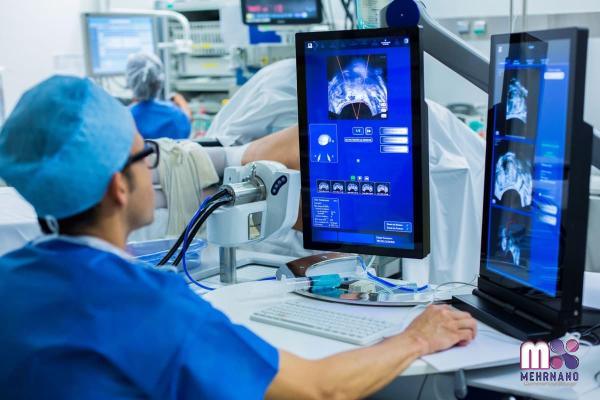 Continued research and collaboration among scientists, engineers, clinicians, and regulatory bodies are necessary to refine these technologies and ensure their safe and efficient deployment. As we navigate the evolving landscape of healthcare, nanomaterial medical devices are poised to revolutionize patient care, offering improved diagnostics, personalized treatment, and enhanced quality of life. Conclusion: Nanomaterial medical devices have already demonstrated their transformative potential in healthcare. From diagnostics to drug delivery, regenerative medicine to implants and prosthetics, these devices hold immense promise for revolutionizing patient care. As the field continues to advance, it is our responsibility to address the challenges and foster an environment that promotes innovation and safe deployment. The future of healthcare lies in the hands of nanomaterial medical devices, paving the way for personalized, precise, and efficient treatments.
Continued research and collaboration among scientists, engineers, clinicians, and regulatory bodies are necessary to refine these technologies and ensure their safe and efficient deployment. As we navigate the evolving landscape of healthcare, nanomaterial medical devices are poised to revolutionize patient care, offering improved diagnostics, personalized treatment, and enhanced quality of life. Conclusion: Nanomaterial medical devices have already demonstrated their transformative potential in healthcare. From diagnostics to drug delivery, regenerative medicine to implants and prosthetics, these devices hold immense promise for revolutionizing patient care. As the field continues to advance, it is our responsibility to address the challenges and foster an environment that promotes innovation and safe deployment. The future of healthcare lies in the hands of nanomaterial medical devices, paving the way for personalized, precise, and efficient treatments.

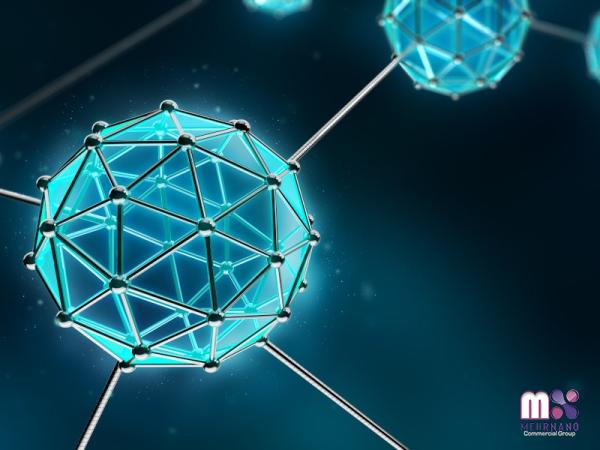
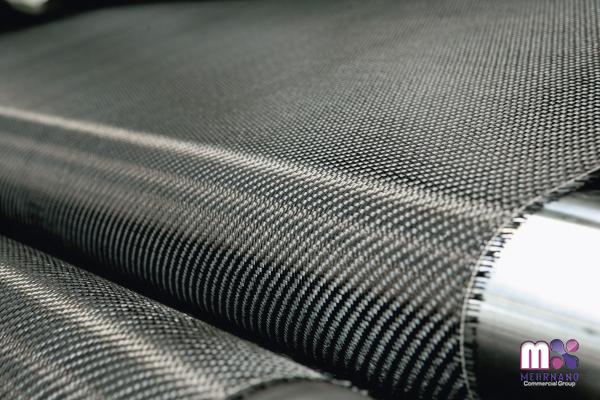
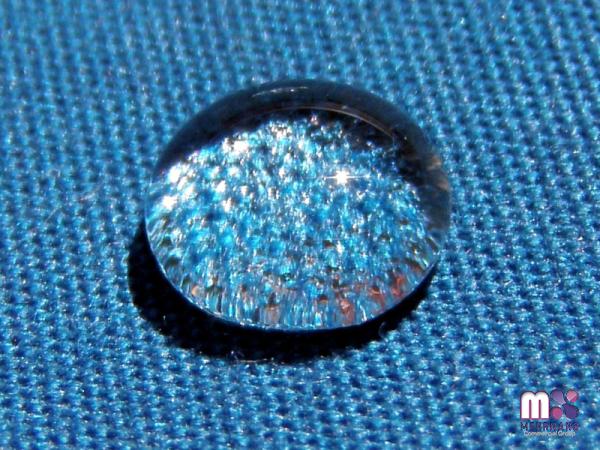
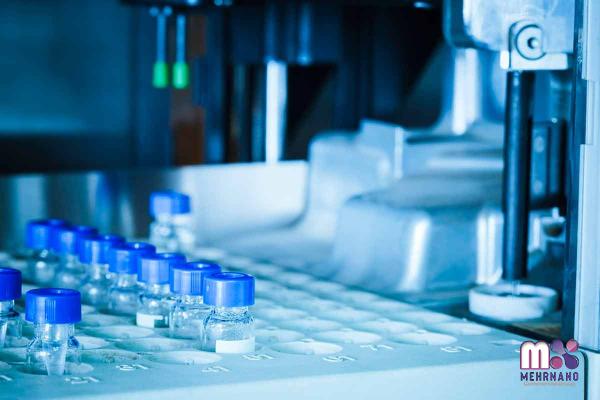



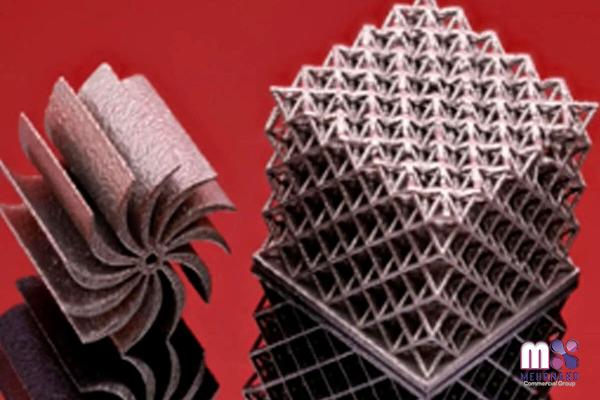
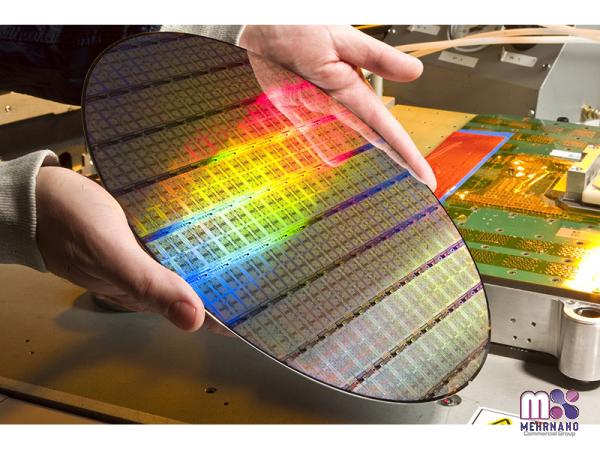

Your comment submitted.